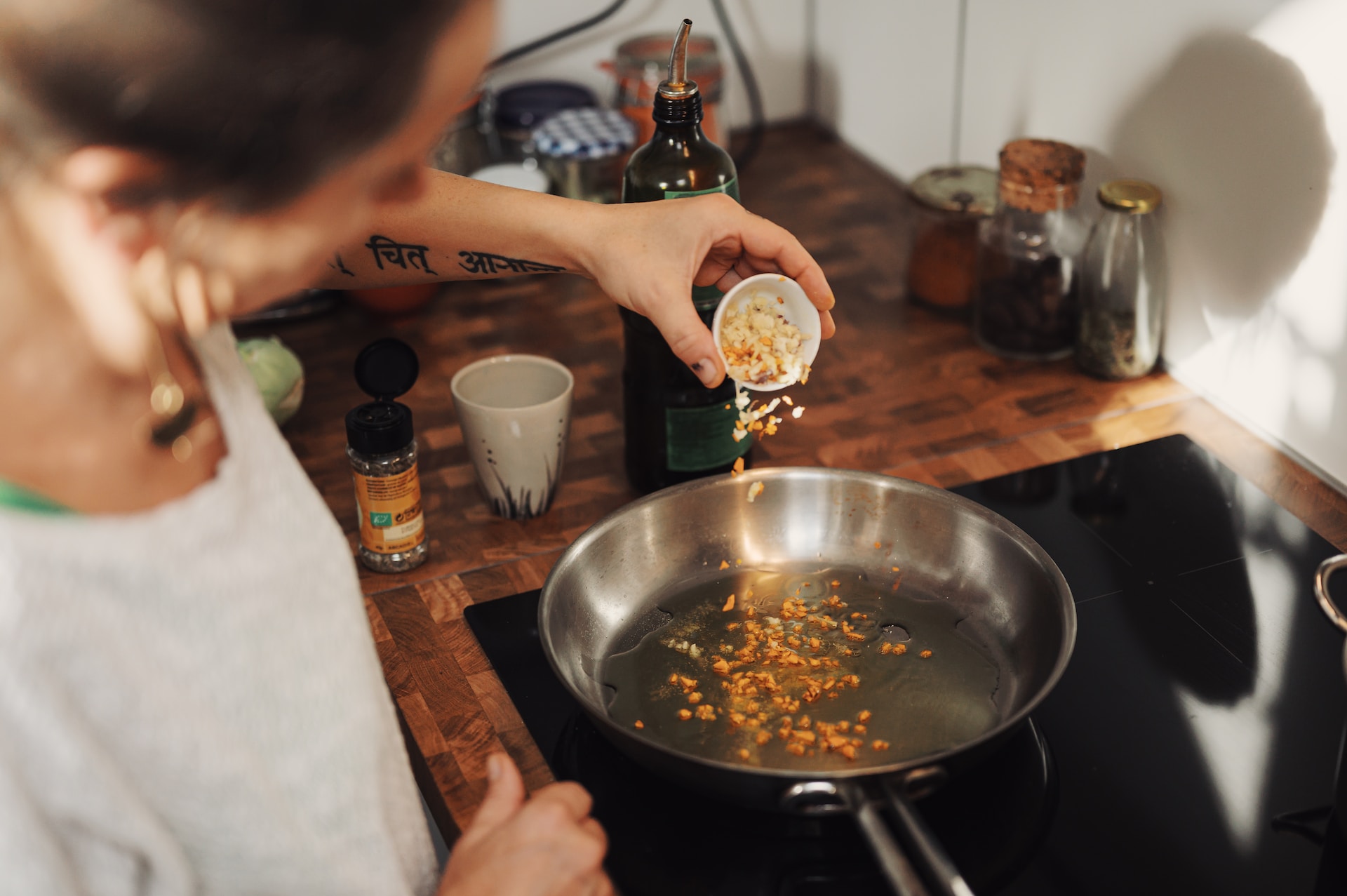Essential Skills to Master in the Kitchen
Introduction
Cooking is an art that combines creativity with technique. Whether you’re a beginner or an experienced home cook, mastering certain fundamental skills can elevate your cooking game. These skills not only make the process of cooking more enjoyable but also ensure that the end result is delicious and satisfying. Here’s a look at some essential kitchen skills that everyone should learn.
Knife Skills
Proper Handling and Safety
Learning how to handle a knife correctly is crucial for safety and efficiency in the kitchen. This includes understanding how to hold the knife, how to position your fingers, and how to cut without risking injury.
Chopping, Dicing, and Mincing
Mastering different cutting techniques such as chopping, dicing, and mincing is essential. These skills are the foundation of cooking and are necessary for preparing a variety of dishes. Uniform cuts not only cook at the same rate but also enhance the presentation of the dish.
Understanding Flavours and Seasoning
Balancing Flavours
A good understanding of how to balance flavours can transform a dish. This involves knowing how to use seasonings and ingredients like herbs, spices, acids, and fats to enhance and balance the natural flavours of the food.
Seasoning Techniques
Learning when and how to season food is key. This includes understanding the right time to add salt (early, for flavour; later, for seasoning), how to marinate effectively, and how to use acids and sweetness to balance the dish’s overall flavour profile.
Heat Management and Cooking Techniques
Controlling the Heat
Understanding heat management is crucial for cooking. Different cooking methods, like boiling, simmering, sautéing, and grilling, require different heat levels. Knowing how to control the heat can mean the difference between a well-cooked meal and a burnt one.
Mastering Various Cooking Methods
Being proficient in various cooking methods, such as roasting, grilling, baking, and steaming, allows for versatility in the kitchen. Each method brings out different textures and flavours in food.
Food Safety and Hygiene
Preventing Cross-Contamination
Understanding and preventing cross-contamination is vital for food safety. This includes using separate cutting boards for raw meats and vegetables and knowing how to store food properly.
Proper Cooking Temperatures
Knowing the correct internal temperatures for different types of meats ensures that they are cooked safely and remain juicy and flavourful.
Time Management and Organisation
Mise en Place
The French term ‘mise en place’, meaning ‘everything in its place’, refers to the practice of organising and arranging the ingredients before starting to cook. This practice saves time and makes the cooking process smoother and more enjoyable.
Efficient Workflow
Developing an efficient workflow in the kitchen, including cleaning as you go, can make cooking less stressful and more enjoyable. It also helps in maintaining a clean and safe cooking environment.
Experimentation and Adaptability
Trying New Recipes and Techniques
Being open to experimenting with new recipes and techniques is key to becoming a better cook. It helps in expanding your culinary repertoire and understanding of different cuisines and flavours.
Adaptability in Cooking
Learning to adapt, whether it’s substituting ingredients or adjusting cooking times and temperatures, is an invaluable skill in the kitchen. This flexibility allows you to be creative and resourceful with what you have on hand.

